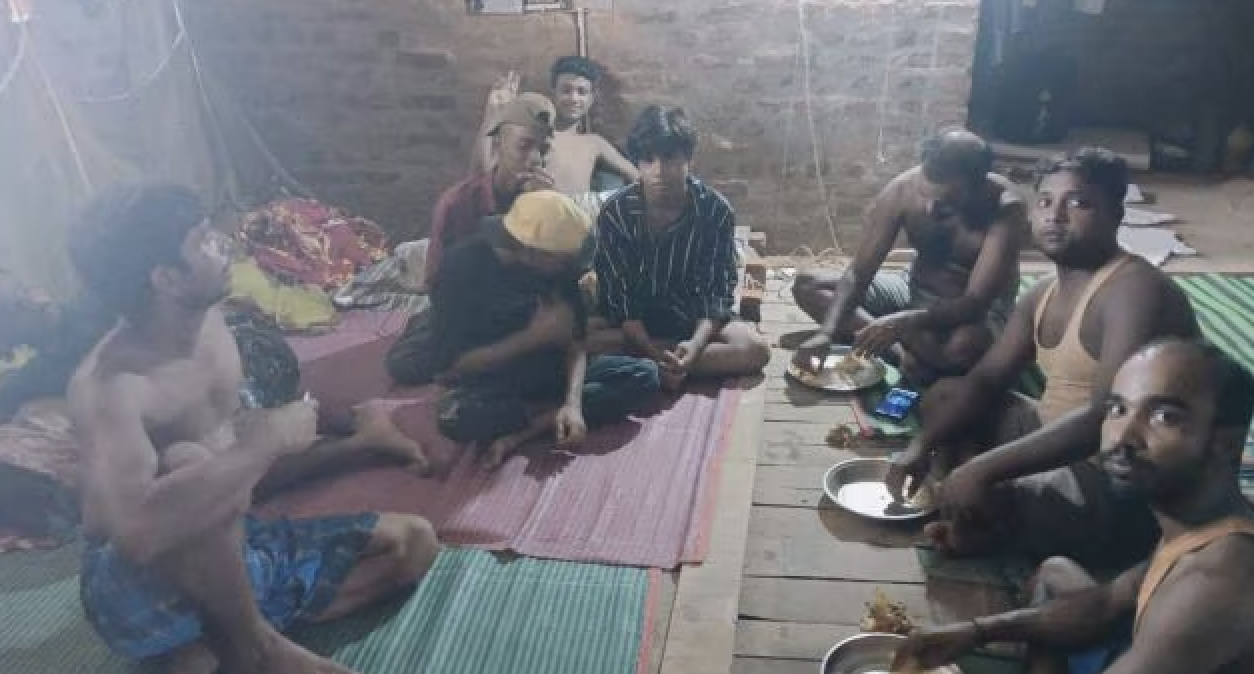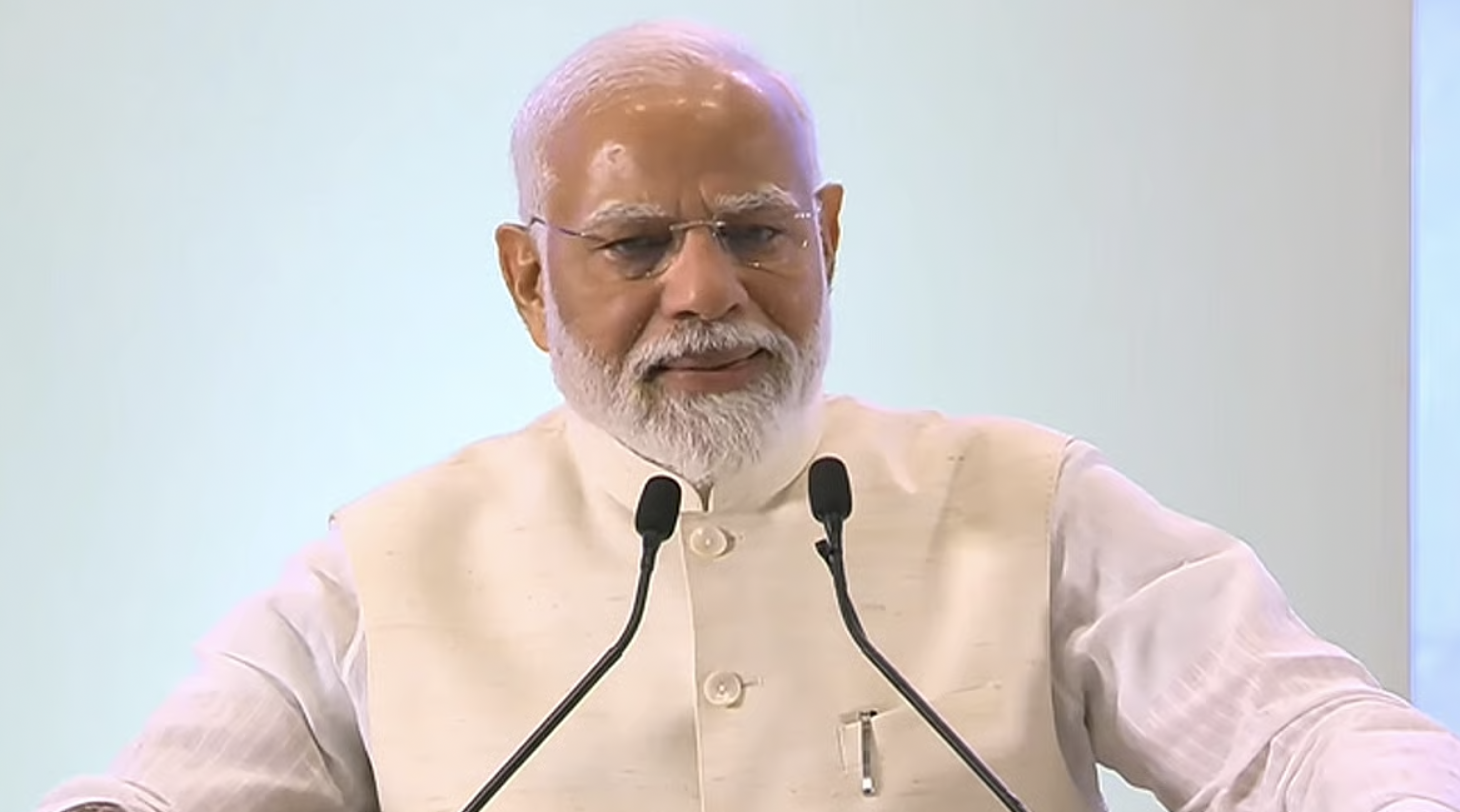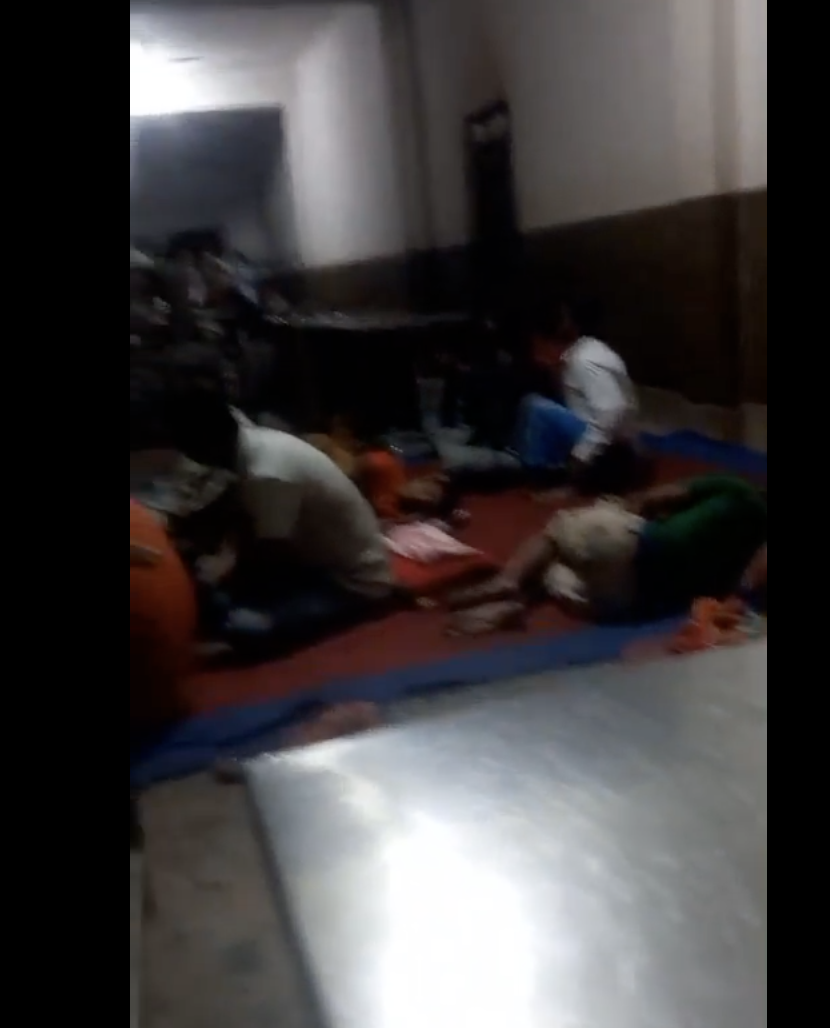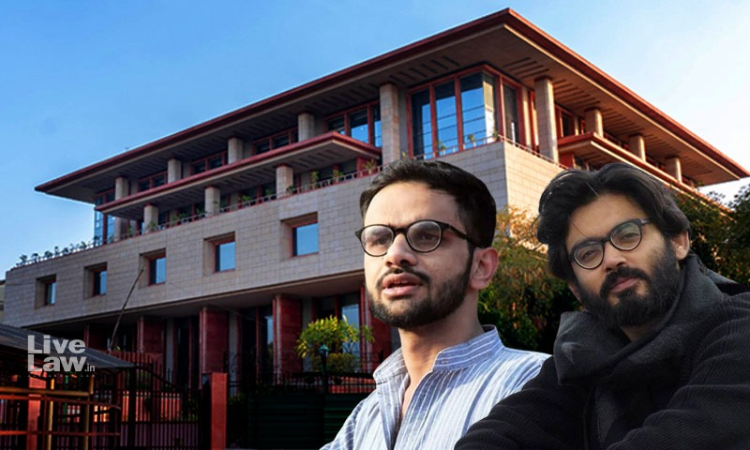By Olivia Bowden
When Vijay Puli arrived in Toronto with his wife and baby daughter, he thought they had finally left behind the discrimination, violence and social rejection they had faced in India.
Puli identifies as a Dalit, a member of a group who in India are considered to be at the very bottom rung, often deemed “untouchable”.
In India, the caste system has long dictated social, religious and economic hierarchies, despite officially being abolished in 1950.
And just a month after moving to Canada in 2006, Puli realized that caste prejudices persist there too.
At south Asian functions in Toronto, there were constant questions about which exact village his family came from. Jokes, slurs and stereotypes about Dalits were rampant, and he would often hear people blame Dalits for crimes in India, including rape and murder, he said.
“I came here to escape … but it happened here too. It’s very painful,” he said.
Even at his daughter’s Toronto school, there was caste-related bullying. One classmate told her they could not be friends due to her caste, said Puli, who is a social worker and the co-founder of the South Asian Dalit Adivasi Network, which campaigns for Dalit rights.
So Puli felt hopeful when the Toronto district school board (TDSB) – the largest in Canada – recently took a step toward banning caste-based discrimination.
Academics and activists hope the move will signal to lawmakers the need for further policy changes.
But they warned that criticism of the move showed the growing influence of Hindu nationalism among diaspora groups, under the looming influence of India’s prime minister, Narendra Modi.
On 8 March, the TDSB voted to ask the Ontario Human Rights Commission for a framework to address caste-based discrimination, in the first attempt to ban it in Canada. The move came soon after Seattle became the first US city to ban caste discrimination last month.
Acknowledging the specific discrimination which Dalit people encounter will hopefully encourage others to speak out about the hate they have faced, said Meera Estrada, a producer, writer and radio host in Toronto who identifies as Dalit Hindu.
“I never spoke about my caste openly, because I knew the people around me, in my social circles had these casteist views – even though many of them had never lived a day in India,” she said…
This story was originally published in theguardian.com. Read the full story here






